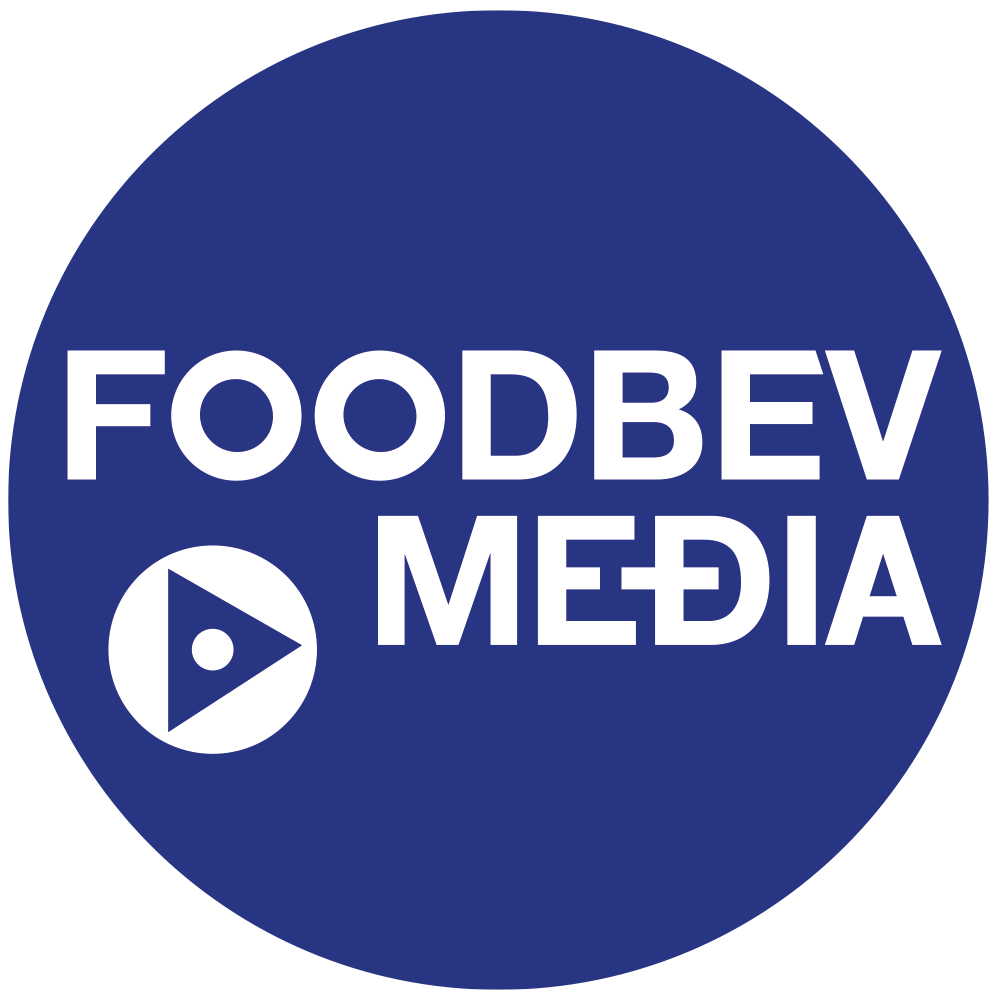The latest news, trends, analysis, interviews and podcasts from the global food and beverage industry
The UK government has introduced temporary measures banning holidaymakers from bringing meat and dairy products into Great Britain from the EU to curb the spread of Foot and Mouth Disease (FMD).
Effective from 12 April, travellers are prohibited from carrying items such as cured meats, cheese, yogurt and sandwiches, even if packaged or bought duty free. Offending goods will be seized and destroyed, and travellers may face fines of up to £5,000.
FMD is a highly contagious virus affecting livestock, causing painful blisters and leading to severe production losses. While it poses no risk to humans and there are currently no UK cases, outbreaks are spreading across Europe. The disease can have a major economic impact, including trade restrictions.
Exemptions to the ban include powdered infant milk, infant food and special medical foods. The restrictions apply only to arrivals from the EU into Great Britain, not from Northern Ireland, Jersey, Guernsey or the Isle of Man.
Earlier this year, the UK had already banned personal imports of live animals and dairy products from Germany, Hungary, Slovakia and Austria due to confirmed outbreaks.
Farming minister, Daniel Zeichner, said: “This government will do whatever it takes to protect British farmers from foot and mouth. That is why we are further strengthening protections by introducing restrictions on personal meat and dairy imports to prevent the spread of the disease and protect Britain’s food security.”
In 2001, an outbreak of FMD in the UK led to the culling of millions of animals. Although there were only 2,000 confirmed cases, more than six million sheep, cattle and pigs were slaughtered. The last outbreak was in 2007 and was concentrated in a small part of the country.







.jpg)